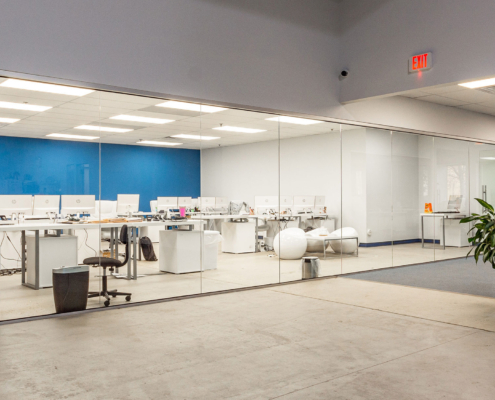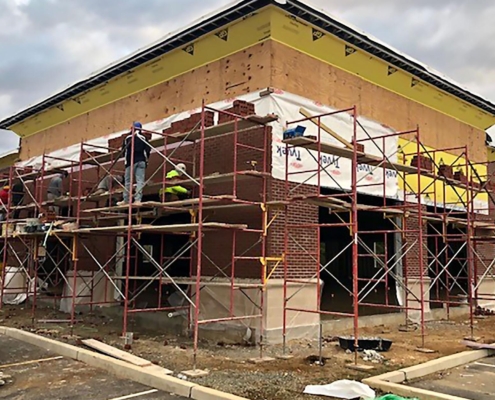 https://connorconstructionllc.com/wp-content/uploads/2025/04/The-Best-Practices-in-Multi-Location-Construction-Projects.jpg
1250
2000
AbstraktMarketing
/wp-content/uploads/2022/03/Connor-Construction-Logo-No-Key.png
AbstraktMarketing2025-04-18 08:01:422025-04-25 16:30:14The Best Practices in Multi-Location Construction Projects
https://connorconstructionllc.com/wp-content/uploads/2025/04/The-Best-Practices-in-Multi-Location-Construction-Projects.jpg
1250
2000
AbstraktMarketing
/wp-content/uploads/2022/03/Connor-Construction-Logo-No-Key.png
AbstraktMarketing2025-04-18 08:01:422025-04-25 16:30:14The Best Practices in Multi-Location Construction ProjectsThe Differences Between Commercial and Industrial Warehouse Construction
There are many different types of construction jobs, each with their own processes and challenges. For example, commercial and industrial construction are totally different, and you’ll need to know the differences before you follow through with a job.
Industrial and commercial construction differ in terms of location, design, permitting, scale, and overall process.
The primary difference between these two types of construction jobs would be the purpose. Industrial buildings are typically designed to produce, store, and transport things, while commercial buildings are meant for people.
Let’s dig into the more definable differences between these two types of construction.
Commercial Construction Services vs. Industrial New Construction Services
Differences between commercial and industrial buildings can be summarized as follows:
Location: Commercial buildings are typically situated in easily accessible areas, such as city centers, while industrial buildings require proximity to transportation hubs like airports and seaports, and are often restricted from residential areas.
Exterior Construction: Commercial buildings prioritize aesthetics and convenience, featuring pleasing designs and ample parking. Industrial buildings focus on functionality, accommodating the needs of production and logistics, including access for delivery trucks.
Interior Construction: Commercial buildings optimize traffic flow and aesthetics, while industrial buildings prioritize space for heavy machinery and large objects, often characterized by tall ceilings, large openings, and open areas.
Internal Systems: Commercial buildings require standard internal systems like plumbing, electricity, gas, and HVAC, while industrial buildings may have more complex and specialized requirements, often on a larger scale.
Size and Scope: Industrial buildings are generally larger and more expansive, housing extensive equipment, storage areas, and products, while commercial buildings vary in size but tend to be smaller.
Permits, Inspections, and Legal Requirements: Industrial buildings have more intensive zoning, legal considerations, and permit requirements due to their scale, making the process more complex and time-consuming compared to commercial buildings.
Project Management: Managing industrial construction projects is typically more complex and time-consuming than commercial construction due to their scale and intricacies.
Cost: Industrial construction projects are generally more expensive than commercial construction due to their larger scale, complexity, and associated permitting and paperwork challenges.
Examples of Commercial Construction
These are buildings that serve people in some way, but they don’t function in a residential capacity. Stores like supermarkets and craft stores qualify here, as do office buildings, fitness centers, and even recreational facilities. It’s probably a commercial construction job if the building provides an important function to people, complete with a navigable interior and easy ways for people to enter and exit the building.
Industrial Warehouse Construction and It’s Growth
Industrial construction has experienced significant growth in recent years, reflecting the expanding needs of businesses in various sectors. The examples of industrial construction encompass a wide range of structures specifically tailored for the creation, storage, and transportation of products. Factories, with their intricate production lines and specialized equipment, stand as prominent examples of industrial buildings. These facilities are designed to accommodate large-scale manufacturing processes, enabling efficient mass production of goods.
Warehouses play a crucial role in industrial construction, serving as storage hubs for inventory management and distribution. These expansive structures are meticulously designed to maximize storage capacity while ensuring easy access and organized handling of products. Their layout often incorporates advanced technology and logistics systems to optimize inventory tracking, retrieval, and shipping processes.
Distribution centers are another vital component of industrial construction. These facilities act as centralized hubs for the efficient and timely movement of goods, connecting manufacturers to retailers and consumers. They are strategically located to facilitate transportation logistics and often feature advanced automation systems for rapid order processing and seamless supply chain management.
What sets industrial construction apart is its distinctive set of requirements. Given the size and complexity of industrial buildings, they demand careful consideration of factors such as structural stability, durability, and functionality. Industrial construction must accommodate heavy machinery, high loads, and specialized equipment while ensuring the safety of workers and the integrity of the structure.
Furthermore, industrial construction projects often involve extensive planning and coordination to integrate complex systems, such as HVAC (heating, ventilation, and air conditioning), electrical power, plumbing, and fire suppression systems. These elements are crucial for maintaining optimal working conditions, complying with safety regulations, and safeguarding valuable assets within the facility.
To meet the unique needs of industrial construction, professionals in this field employ specialized expertise in engineering, architecture, project management, and construction techniques. They collaborate closely with clients to design and construct facilities that align with their specific operational requirements, ensuring efficient workflows and optimized productivity.
Looking for a Commercial Contractor Near You?
Are you looking for industrial warehouse construction, commercial grocery store construction, or something in between? Look no further. We have the designers, contractors, and experienced industry professionals necessary to build your job right. Contact us for more information today!









